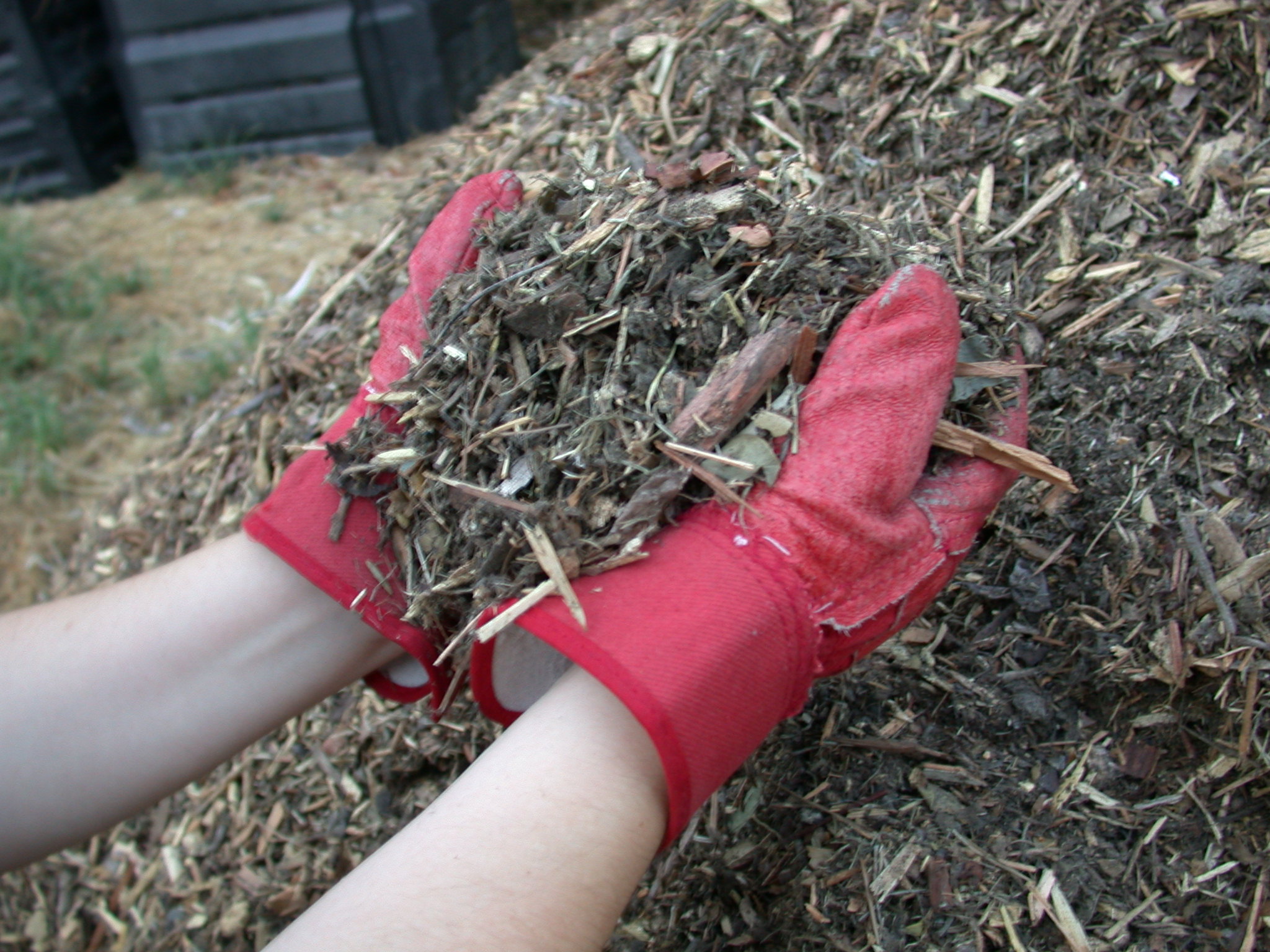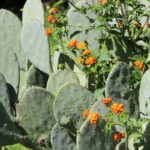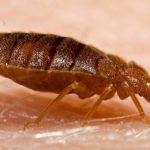
Why mulch in the Winter?
The main idea behind winter mulching is to keep the ground frozen by shielding it from the warmth of the sun. A steady temperature will keep the plants in dormancy and prevent it from triggering new growth during a brief warm spell. Tender, new growth too soon will just result in more winter die back.
Mulching now will also help conserve whatever water is in the soil, so hopefully you’ve been keeping your garden beds watered right up until the hard frost. Another great thing about mulching is that often the best mulches, are the least expensive!
Visit our Charlotte lawn care page to learn more about the lawn services LawnStarter offers!
Here’s are the 7 best mulches on a budget!

1. Pine Needle Mulch
Pine needles add a delicate, fine texture to plantings. They hold in place well, making them useful on slopes, and they’re relatively slow to break down. If you continuously use pine needles as mulch, they may increase the acidity of your soil. This makes them ideal for use with acid-loving plants such as azaleas, rhododendrons, blueberries, and some types of conifers.

2. Wood Chip Mulch
You can often get wood chips for free from local tree trimmers, though the trimmers will usually ask you to haul the chips yourself. Wood chips, especially when they’re freshly made, can take up a fair amount of nitrogen from the soil. They can be acidic and lower your soil’s pH, as well.
Mulch tip: If you get wood chips from a local source, check if the tree had poison ivy on it. Working with wood chips that contain poison ivy can cause skin irritation. Also: Wood chips from walnut trees may contain natural chemicals that inhibit the growth of many garden plants.

3. Shredded Bark Mulch
Shredded bark is one of the most common and least expensive types of mulch. It comes from a variety of sources, including cedar trees. Shredded bark is one of the best mulchtypes to use on slopes and it breaks down relatively slowly. Some shredded-bark products are byproducts from other industries; they’re considered environmentally friendly. Check the mulch packaging for more information.
Mulch tip: Shredded bark can take up some nitrogen from the soil as it decomposes. If you have poor soil, adding some organic fertilizer to the soil can help keep your plants healthy.

4. Grass Clippings
Another type of mulch you can make for free, grass clippings break down fast but add nitrogen to the soil as they do. It’s best to use grass clippings in thin layers or to let the grass dry before spreading it as a mulch — otherwise it starts to stink and rot as it decomposes.
Here’s a hint: Avoid using grass clippings if your lawn is chemically treated, especially if you use it in vegetable gardens. The chemicals may harm your desirable garden plants.

5. Straw
Straw mulch has a beautiful golden color that looks great in the garden. It’s also a bit slower to break down than leaves or grass clippings.
Mulch tip: Make sure the straw is free of weed seeds, otherwise it can cause more weeds than it prevents. (Oat straw is often particularly weedy.)

6. Gravel or River Rock
Because they’re inorganic materials, gravel and river rock don’t break down in the landscape, so they don’t need to be reapplied every year. However, it also means they don’t improve your soil over time.
Here’s a hint: It can be very difficult to remove gravel or river rock mulch if you ever change your mind. They can make it more difficult to plant in or divide perennials.

7. Leaves
Last but definitely not least, composting fallen leaves are one of the least expensive ways to keep your lawn fresh in the winter.
Save money by shredding fallen leaves in your yard and using them to as mulch to cover the soil. Fallen leaves break down quickly (often in less than a year), but should be shredded before use to prevent them from matting down. Fallen leaves are commonly used as mulch in winter.
LawnStarter provides lawn care service in Charlotte and Concord.





